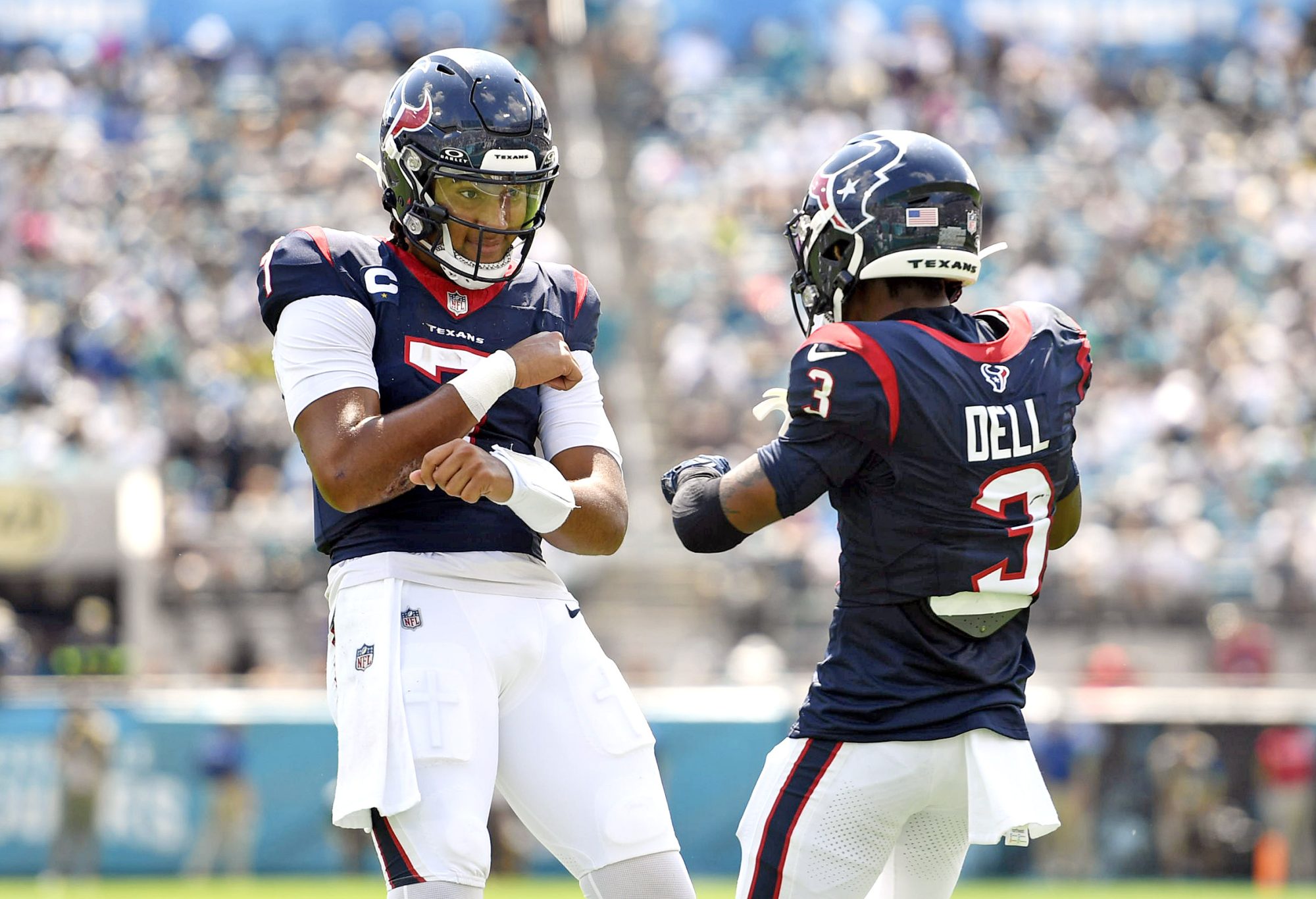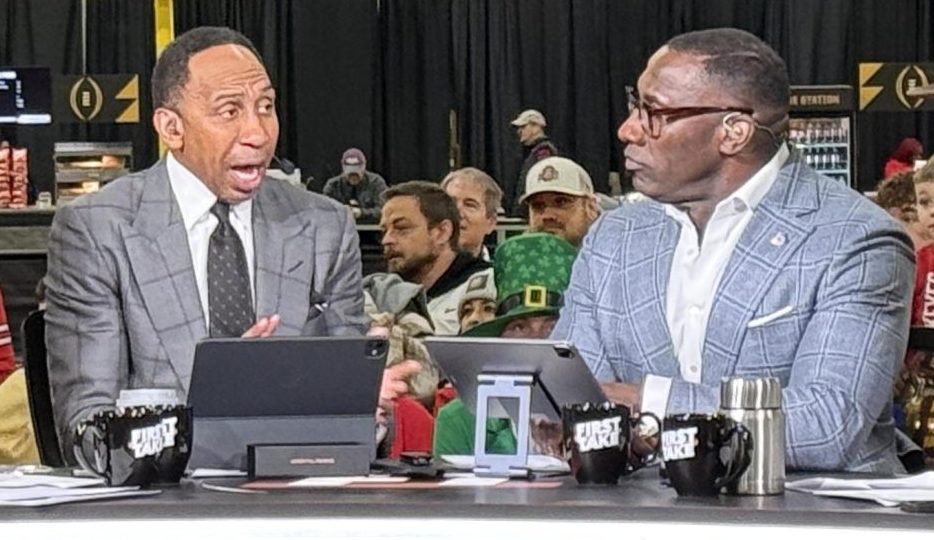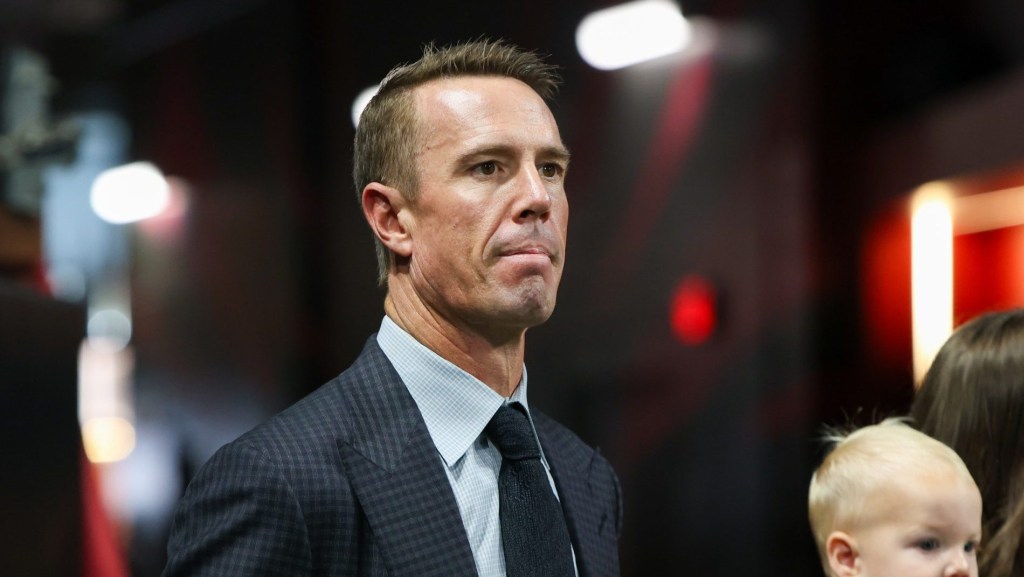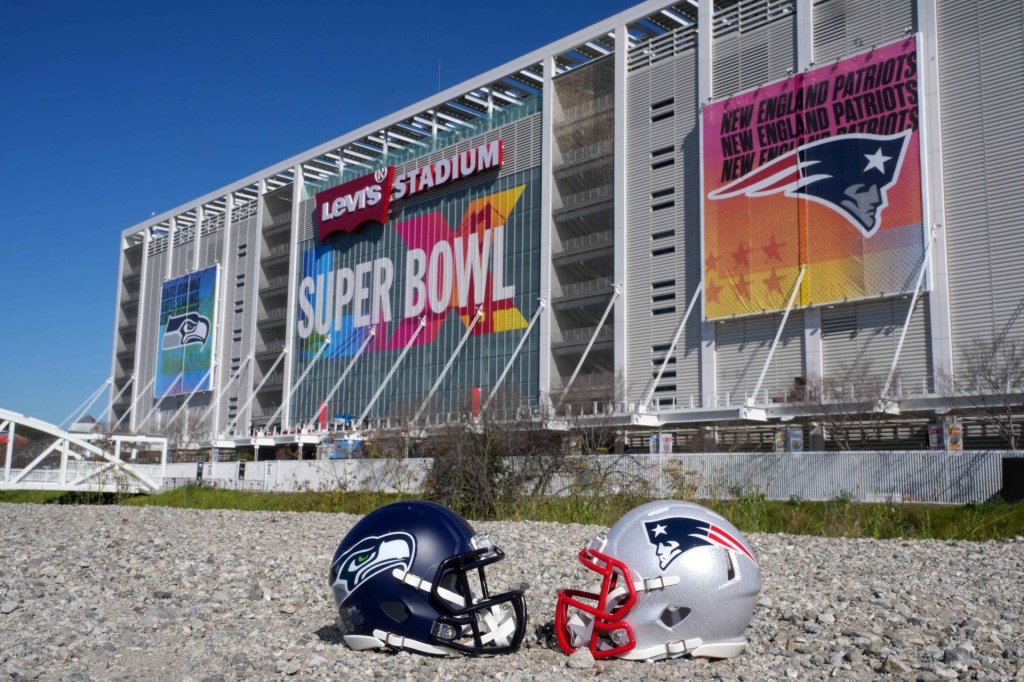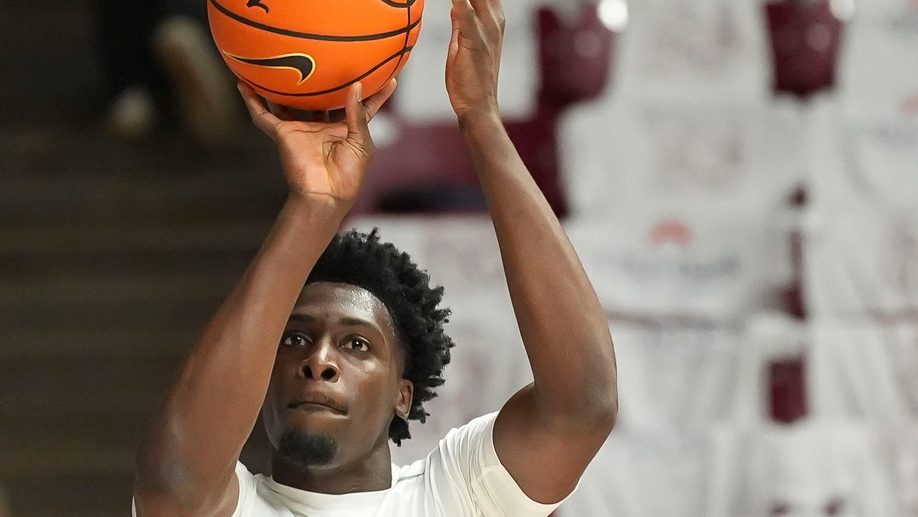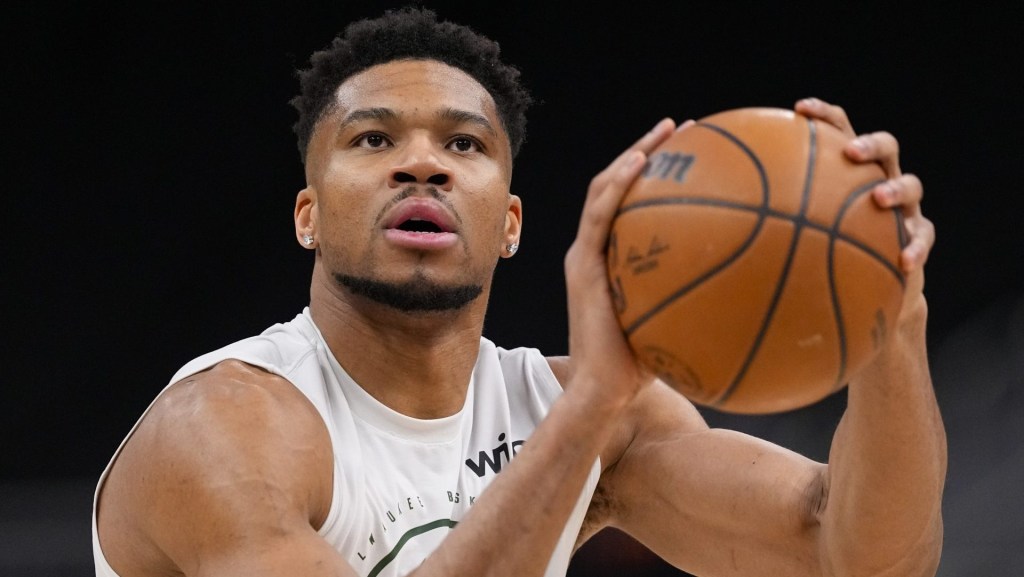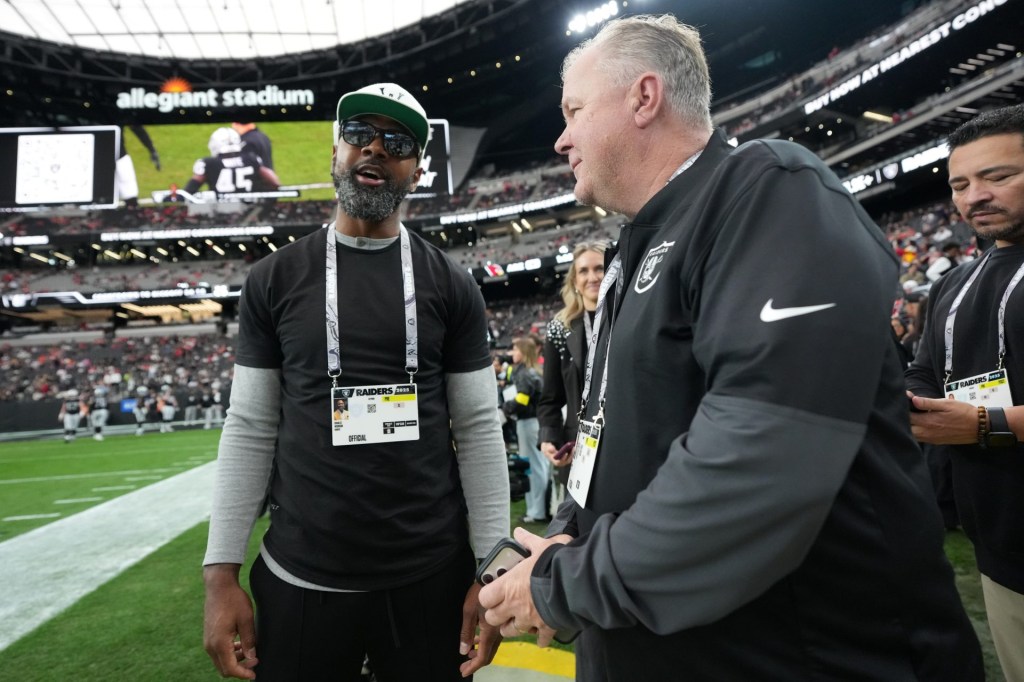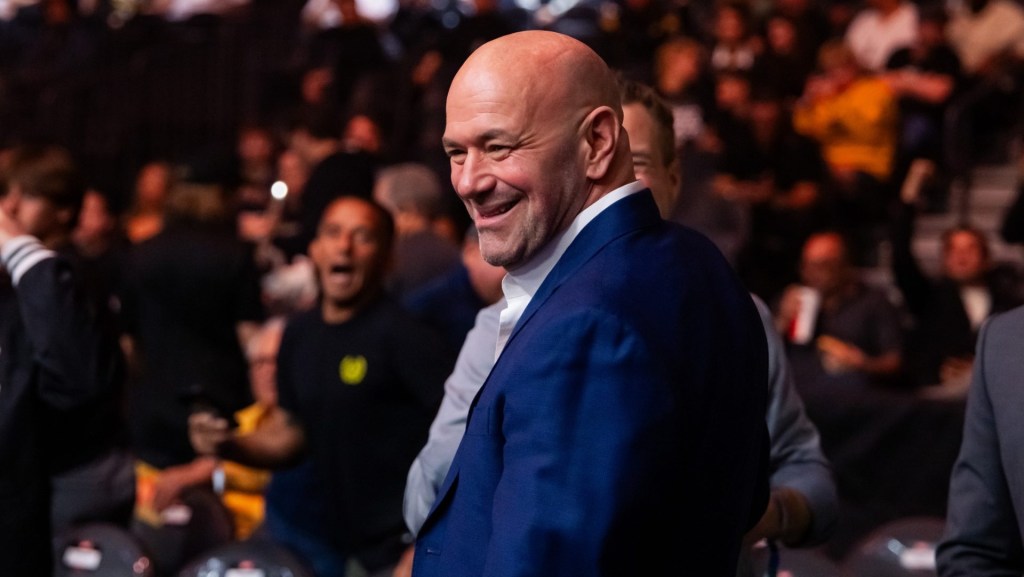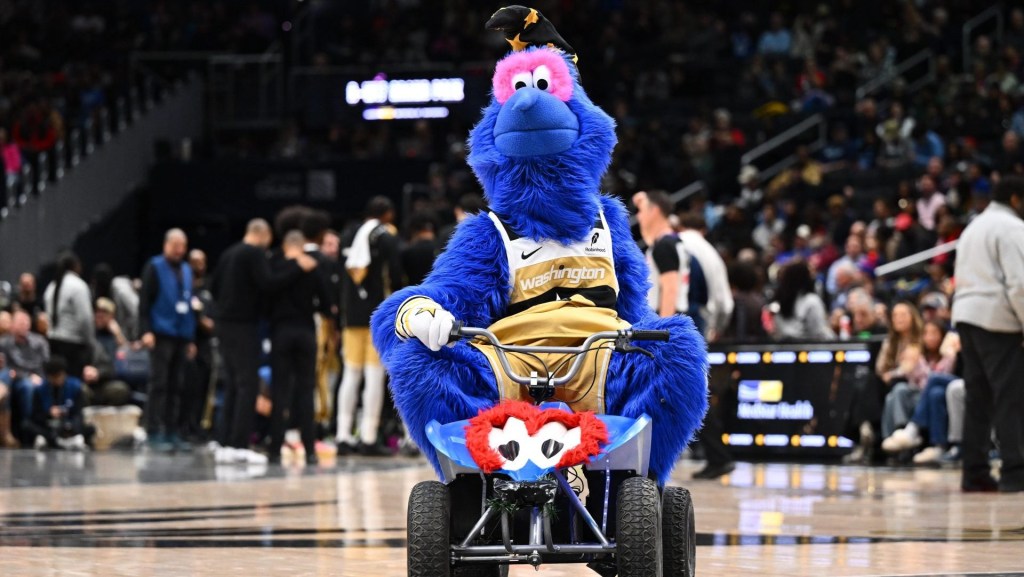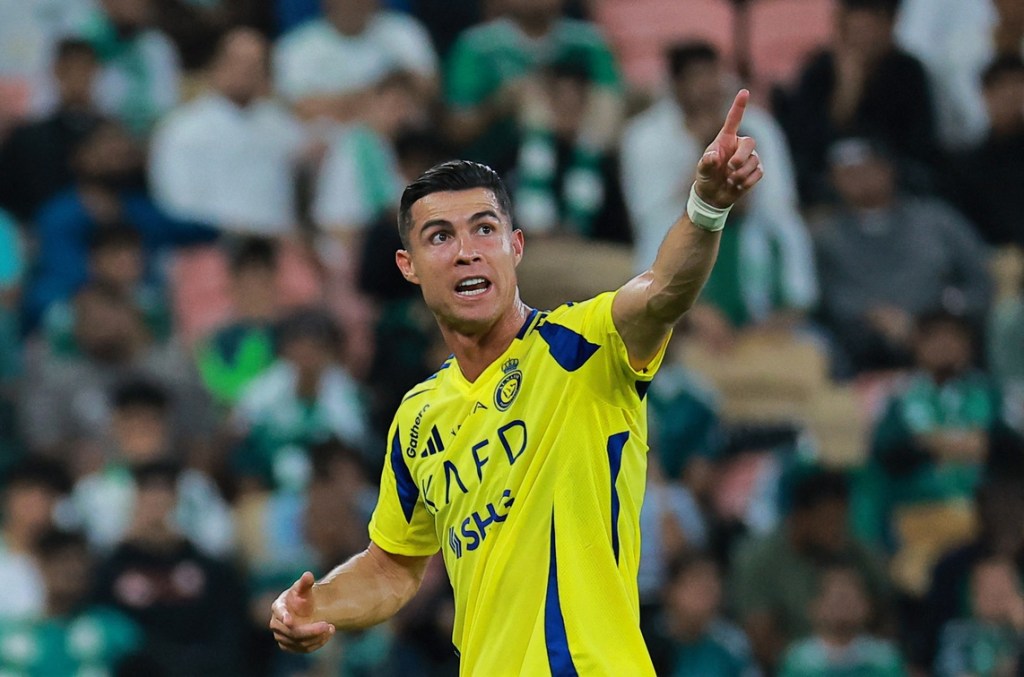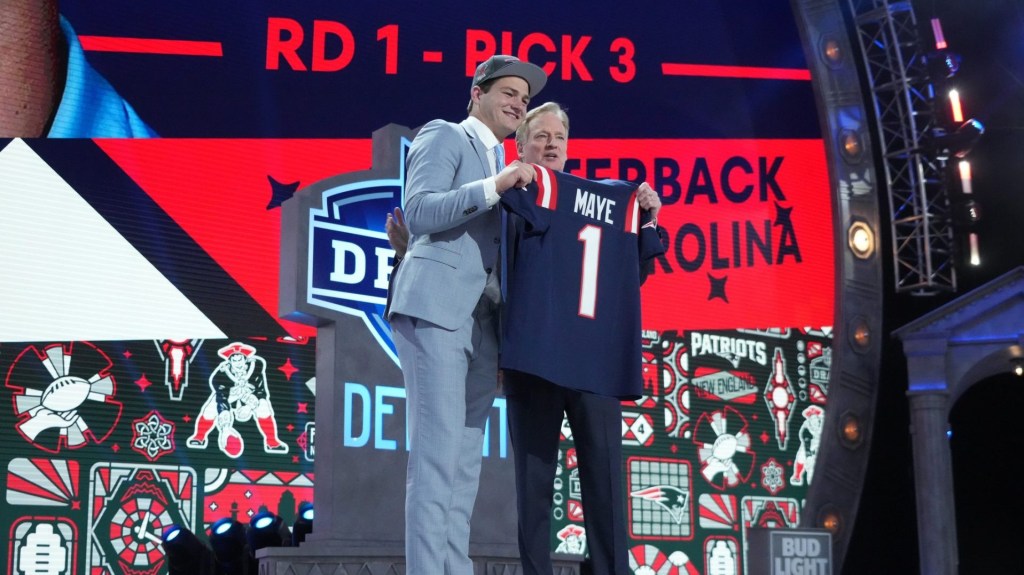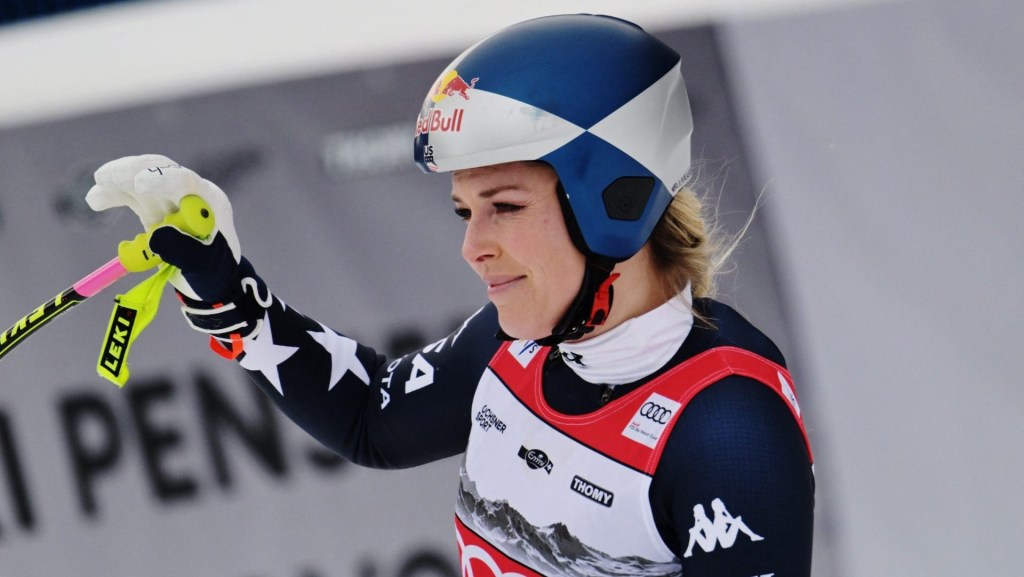On Saturday night, Offensive Rookie of the Year front-runner C.J. Stroud will lead his Houston Texans against the Indianapolis Colts for a chance at their first playoff berth since 2019. When he inevitably reaches the end zone, expect him to square up with a teammate, put his fists in the air, and start to Squabble. In Southern California, where Stroud grew up, “Squabbling” has long been slang for fighting. But ever since 2011, when Daquawn “Cheetah” Brown, then a teenage football star at Crenshaw’s Dorsey High, created the now-viral dance, Squabbling has taken on an entirely different meaning.
Stroud may be most synonymous with the Squabble, but Chris Olave (Stroud’s Squabble partner at Ohio State), Heisman Winner Jayden Daniels, Juventus forward Moise Kean, and Russell Westbrook have all Squabbled this year as well. Brown, meanwhile, has been featured on SportsCenter, and he’s had his former youth football coach, Snoop Dogg, shout him out on Instagram. Sparking a dance craze in the 2010s was exciting for a high schooler, but viral dances in the 2020s have become big business. So, all of a sudden, when your dance—a partnered dukes-up-two-step move with room for improvisation—strikes oil, it becomes essential to stake your claim.
Brown, now 28, explains the origin story of his dance that’s taken the NFL, NBA, European soccer, and TikTok by storm. Here’s how he remembers it. He and his friend were playing a college football video game with the sound off and their stereo blasting. “Choosin’” by Too $hort came on, and his buddy scored and started dancing. Brown took the next kickoff back and started dancing too. Back and forth it went until Brown won the game, put his controller down, and began to two-step while shadowboxing, throwing different poses to the beat. They started mirroring each other and realized they were onto something. “We incorporated the hands and the feet at the same time, just like you was fighting somebody,” he says. “But it’s like you was fighting with your dance moves.” Just like that, the Squabble was born.
How it reached the wider world from Brown’s living room—before the influence of Instagram or TikTok—is the more interesting part. “That was Facebook Era, for sure,” Brown says. “We wasn’t really on social media like that, other than Facebook.” But Brown, then entering his junior year, was a popular kid on one of the best high school football teams in L.A. He’d do the Squabble when he scored in games and practices, and at the house parties they’d throw after wins. He watched as his dance started to spread throughout his neighborhood and then his city. “Everybody used to come to our parties when we won, and they was seeing it and they was taking it back to their schools and telling their friends about it and making videos about it,” he says.
The viral spread back then was slower, and it was all organic, without the aid of an algorithm. He says the first NFL player to do the Squabble was a former Dorsey teammate, wide receiver Robert Herron, after scoring his only touchdown in 2014, with the Tampa Bay Buccaneers. But it wasn’t until 2023 when the dance fully took off. “I’ve seen Travis Kelce hit it. I just seen LeBron James hit it,” Brown says. “Davante Adams. Chandler Jones. T.J. Watt. I’m like, these are the Pro Bowlers hitting it!” Brown, who played cornerback at Washington State before a career in the Indoor Football League, always dreamed of making the NFL. He can’t believe he’s now been “on SportsCenter without even having to catch a pass.”
Brown still feels too awkward to do the straight-to-camera tutorials and challenges that have become synonymous with the current viral dance aesthetic. But this year, as his dance permeated the sports world and beyond, he’s watched his Instagram followers skyrocket. He even recalls one clip of a groom doing the Squabble down the aisle at his wedding. “I’ve always been an influential person,” Brown says. “Now, I’m an influencer? If that’s the case, I’ve been an influencer.”
The big question is: Does creating a dance move in 2011 that goes viral in 2023 give you a stake in whatever profit it might generate?
For a video game like Fortnite, where players can purchase certain dance moves, the calculation is a bit more straightforward. Brown says Epic Games paid him $20,000 to license the Squabble. But what about EA Sports’ Madden franchise or NBA2K, where the dance can be executed by in-game players? If star athletes are the ones who adopt a dance move and popularize it, does EA’s or 2K’s license with the league make it fair game? Or does Brown deserve a cut? And exactly how valuable is that dance to the video game, to Stroud’s brand, or to the league as a whole?
Attorney David Hecht just won an appeal in the United States Ninth Circuit Court on behalf of his client Kyle Hanagami, a choreographer who has worked with BTS, Justin Bieber, and Jennifer Lopez. Hanagami is suing Epic Games for selling dance moves that he created as emotes—customizable short dances—in Fortnite. For Hecht, Brown’s claim to the Squabble seems precarious at best. “I’m not sure how the Squabble could be considered a choreographic work. From my research, it seems that Mr. Brown, who created the Squabble, is a football player, not a dancer or a choreographer,” he explains. “The Copyright Office has cautioned that a ‘celebratory end zone dance move,’ which the Squabble appears to be (as a dance that was popularized by C.J. Stroud), is not entitled to copyright protection.” He says that one of the issues Brown faces is that while he created the dance, Stroud was the face of it when it went viral, which means “it is also not clear that Mr. Brown could bring a right-of-publicity type claim.”
But Brown says he’s certain EA and 2K will eventually agree to license his dance, even if they haven’t yet met his wish. He says his lawyers have helped him trademark the Squabble and that they have evidence going back to 2011 to prove that he created the move. Brown says that even Stroud—who played on the same Snoop Dogg-coached youth football team—has acknowledged his role in creating the move. “They don’t want me to take it to court,” Brown says. “But that’s what we’re gonna do if [EA and 2K] don’t get back to me.”
Retiring from the Indoor Football League this year, Brown views the Squabble as his next chapter. In 2023, he finally realized that he wasn’t ever going to get his shot at making an NFL roster. It’s only in retrospect that he can find some solace in all he’s done. “I went pro. That’s some s— we don’t do where I’m from. I’m really from the hood. I got a degree. I traveled the world,” he says. “I’m always so hard on myself. Like, ‘What’s next?’ Right now, this is my next. This has taken off. I got my own dance.” He says he has brands reaching out about partnerships—“Fruity Pebbles, Klondike, StockX, Hulu”—and hopes to get out to Super Bowl week in Las Vegas to make an even bigger splash.
Brown created a viral dance before that was a thing; whether or not he owns it is still very much up for debate. He wasn’t raised online, like most influencers, and he cringes at the idea of selfie-cam oversharing. But he’s working hard to leverage his viral moment. He can’t understand why video game studios should profit from his creation instead of him. “I’m not gonna put all my business out there, but I do have problems in life that money can fix,” he says. “You’re all making money off of me. These are billion-dollar companies. Like, y’all got thirty-thousand in there somewhere.”
